Carbon monoxide (CO) poisoning is one of the most dangerous and overlooked risks in general aviation. It’s invisible, odorless, and can quickly turn a routine flight into a life-threatening emergency—especially during colder months when pilots rely on cabin heat for comfort.
The Hidden Risk in Winter Flying
When temperatures drop, most pilots reach for the cabin heater to stay warm. In piston-engine aircraft, cabin heat often comes from air channeled around the engine muffler system. If that muffler has even a small crack or leak, exhaust gases—including carbon monoxide—can enter the cabin unnoticed.
Early symptoms of CO poisoning such as headache, dizziness, or nausea may be mistaken for fatigue or motion sickness. Without intervention, CO exposure can impair judgment, slow reaction time, or even render the pilot unconscious—often with catastrophic results.
Why Detection Matters for All Pilots
A key factor behind many CO-related aviation incidents is lack of awareness. While portable color-change detectors are common, they often go unnoticed mid-flight. These passive indicators can fade over time or fail to alert a distracted pilot during critical phases of flight.
For this reason, an audible warning system is crucial. It must immediately alert the pilot when CO levels rise, regardless of workload or visibility conditions. This is particularly essential for flight instructors, ferry pilots, and others who regularly fly different aircraft where maintenance history and exhaust system integrity may vary.
Technology That Keeps You Alert
To reduce this risk, pilots should integrate CO detection into their everyday cockpit setup. The Lightspeed Delta Zulu ANR headset provides a powerful solution by incorporating built-in, real-time CO monitoring directly into the headset. If elevated levels are detected, the Lightspeed Delta Zulu issues an audible alert through the headset, ensuring pilots are immediately aware of a potential threat—without needing to monitor another portable device.
In addition to superior noise reduction and comfort, the Lightspeed Delta Zulu enhances cockpit safety by merging life-saving technology with a pilot’s most essential communication tool. That integration can make all the difference when seconds count.
Pilots Know The Risk
Pilots know that CO can be dangerous- it’s a constant and common risk in aviation. We regularly hear from pilots how the Lightspeed Delta Zulu has literally saved lives by alerting them to dangerous CO levels in the cockpit. Here are a few of their real stories—powerful reminders of how easily CO can go unnoticed until it’s too late.
“Just wanted to send a note of thanks for your product (specifically the Light Delta Zulu). This weekend I was flying with a student in NE Ohio in his airplane for lunch. After about 10 minutes of cabin heat I heard the audible warning in the headset for the CO detection. After verifying it on the app we turned the heat off and vented the cabin. After landing we took a close inspection and found some issues with the exhaust of the airplane. Thank you for your innovation and bringing a great product to market. It made a believer out of me. I fly so many different aircraft and it’s great to know that I have the added safeguards that I would’ve taken for granted otherwise. Thanks again!” – John Greenfield
“Flying in Alaska, carbon monoxide is a real concern as we use cabin heat a lot of the year. I have had other CO detectors in the past, but you cannot hear the audible alert. Whereas the Delta Zulu the audible alert is heard in the headset. The HearingEQity is also a fantastic improvement for us aging pilots.” – Robert Kelly
“The [Lightspeed] Delta Zulu headset may have done more than just pay for itself several times over… The following happened a couple days ago. While flying a Piper Cherokee 180 we had an interesting event while performing slow flight maneuvers. A 33PPM CO high/hazardous warning at 4k’ annunciation came across the headset. We quickly checked vents and opened the side window. The PPM dropped to 16-17 but stayed there. Once on the ground and the door wide open it finally dropped to 06PPM. I, along with my student, were very happy this headset was recently purchased.” – Russel J, CFI
“I was giving a flight review in a Robinson R-44 helicopter (factory installed CO detector). The review pilot had a new Lightspeed Delta Zulu. I had a Sentry Plus operating. During the flight, the DZ indicated CO. We checked the app for levels and returned to the airport. Neither the Sentry or the Factory CO detector alarmed. Notified maintenance, and they discovered a broken bolt on an exhaust clamp. Made me a believer” – Allen Rice
A Reminder for Cold-Weather Operations
As you prepare for winter flying, remember: the very systems that keep you warm can also introduce invisible danger. Whether you fly a single aircraft or multiple models, protecting yourself and your passengers from CO exposure should be non-negotiable.
Keep your cockpit safe by combining smart awareness, maintenance vigilance, and technology that works tirelessly in the background.
Stay alert. Stay safe. And fly protected with the Lightspeed Delta Zulu—your headset with built-in carbon monoxide detection designed for the modern pilot.
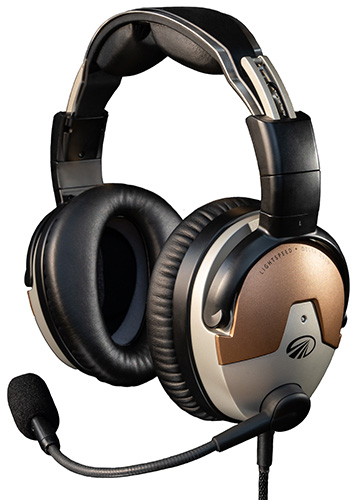
Lightspeed Delta Zulu®
Lightspeed creates products to protect and save lives and manufactures the best, most premium aviation headsets for pilots. The Lightspeed Delta Zulu® ANR headset is built for pilots who understand the importance of comfort, safety, and control. It includes our best ANR to date, with the superior comfort and durability you expect from a Zulu series headset from Lightspeed, while also introducing groundbreaking smart technology that has saved the lives of pilots and their passengers.
Try for yourself! The Lightspeed Delta Zulu has a 30-day Money Back Guarantee

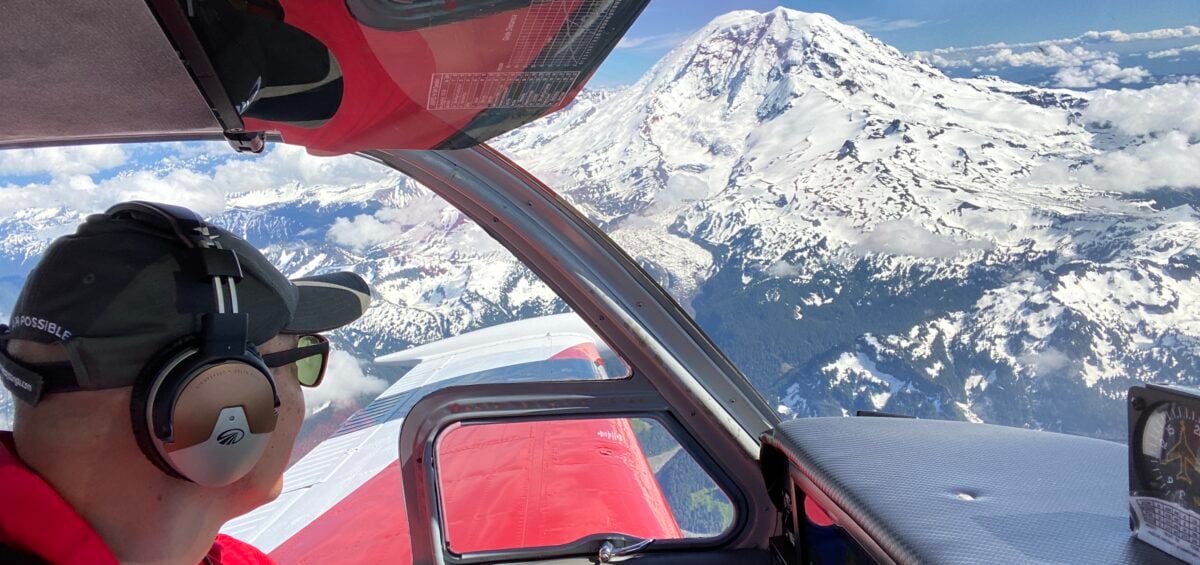
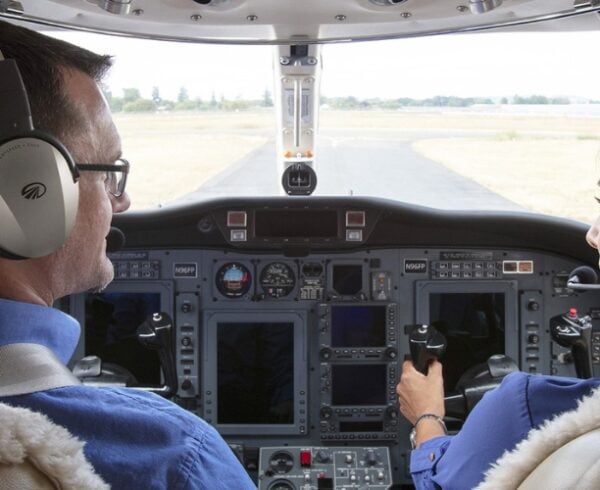

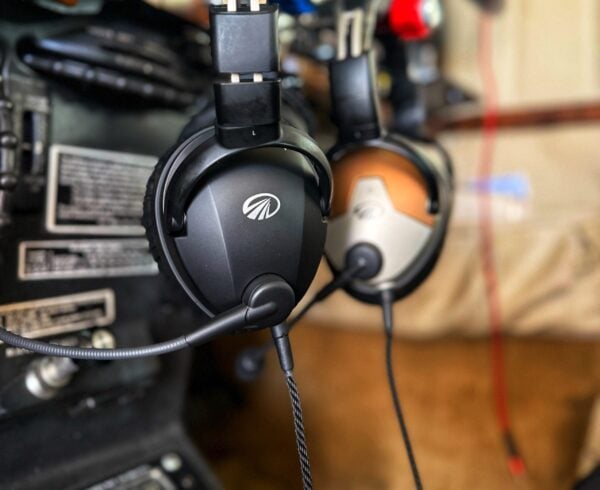
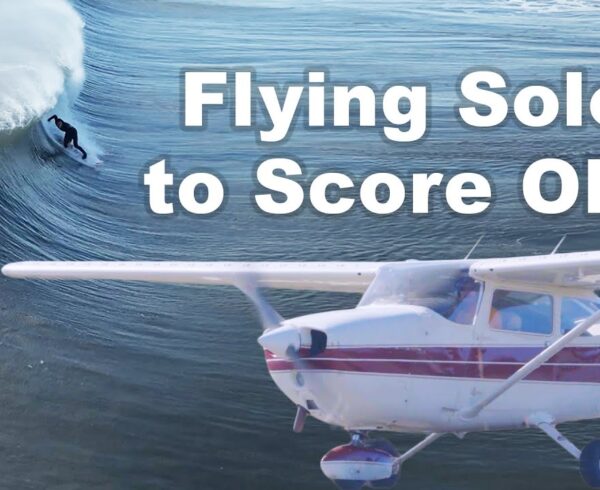
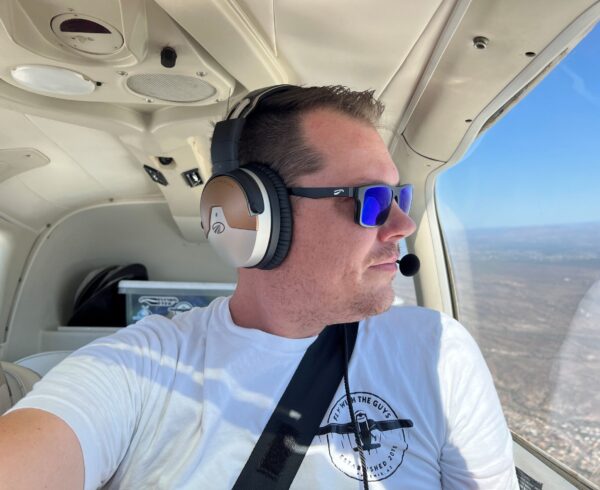





Leave a Comment